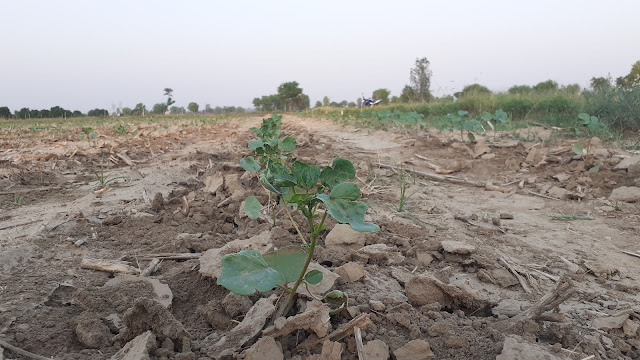This is news of may relief for farmers amid coronavirus pandemic time in India. The central government is preparing to increase the Minimum Support Price (MSP) for the purchase of Kharif crops.
The Commission for Agricultural Costs and Prices (CACP) has submitted its recommendations for the increase the MSP for 2020-2021. Now these type of recommendations will be presented to the Union Cabinet for further approval. If the recommendations of the CACP are implemented, the farmers will earn more profit on the crop and their income will increase.
Paddy recommends raising MSP by Rs 53
According to an ET report, the CACP has recommended raising the MSP of 17 kharif crops. Paddy crop is the most prominent among them. The CACP has recommended raising the MSP of paddy (grade-A) by 2.9 per cent to Rs 1888 per quintal. If the recommendation of the CACP is accepted, the MSP of paddy will increase by Rs 53 per quintal. Similarly, it has been recommended to increase the MSP of general paddy from Rs 1815 to Rs 1868 per quintal.
The price of cotton by Rs 260 per quintal
The CACP has recommended increasing the MSP of cotton by Rs 260 per quintal. Currently, the MSP of cotton (medium staple) is Rs 5255 per quintal and it has been recommended to increase it to Rs 5515 per quintal. Similarly, the MSP of cotton (long staple) is recommended to be increased from Rs 5550 per quintal to Rs 5825 per quintal.
MSP of pulses will also increase for this year
The CACP has recommended increasing the MSP of Toor, Urad and Moong Dal, the major kharif pulses. A
ccording to the report, the CACP recommended raising the MSP of Toor Dal from Rs 5800 to Rs 6000 per quintal, Urad Dal MSP from Rs 5700 to Rs 6000 per quintal and Moong Dal MSP from Rs 7050 to Rs 7196 per quintal.
Discussion for further process with ministers
According to the Agriculture Department official, seven discussions are underway with Food and other related ministries regarding the proposal of CACP. Only then will this proposal be placed before the cabinet for approval. The official says that the recommendations of the CACP are generally accepted in full.








Superb
ReplyDeleteGreat
ReplyDelete